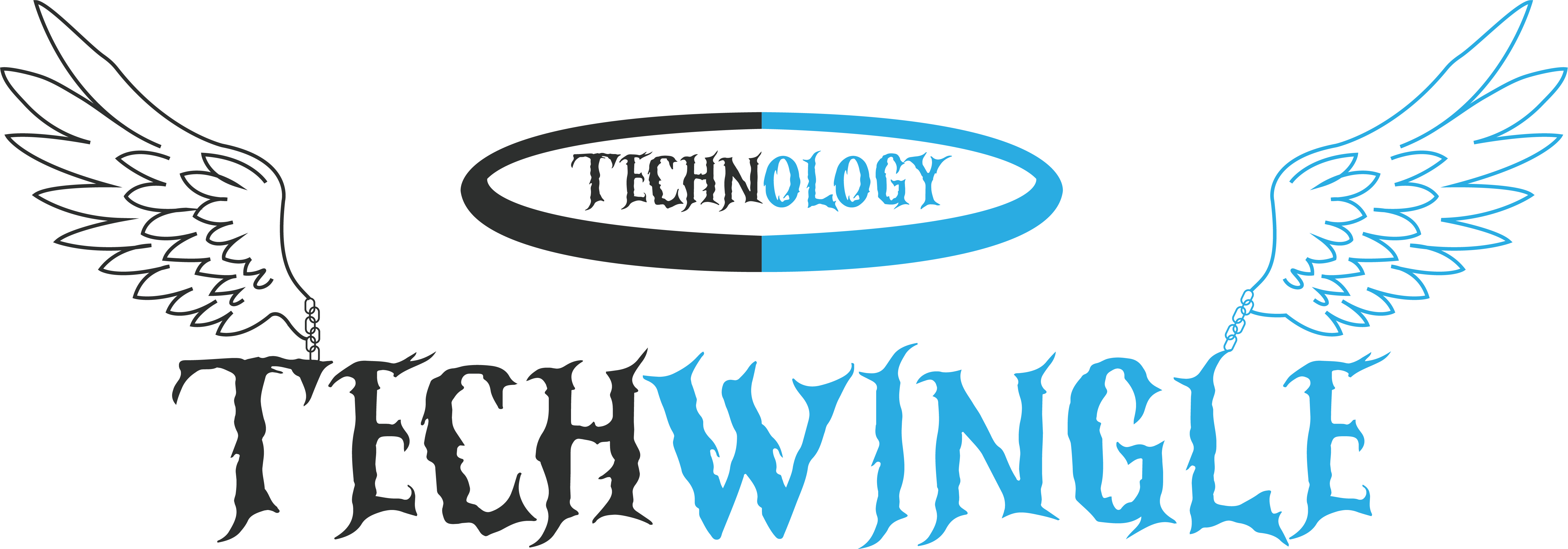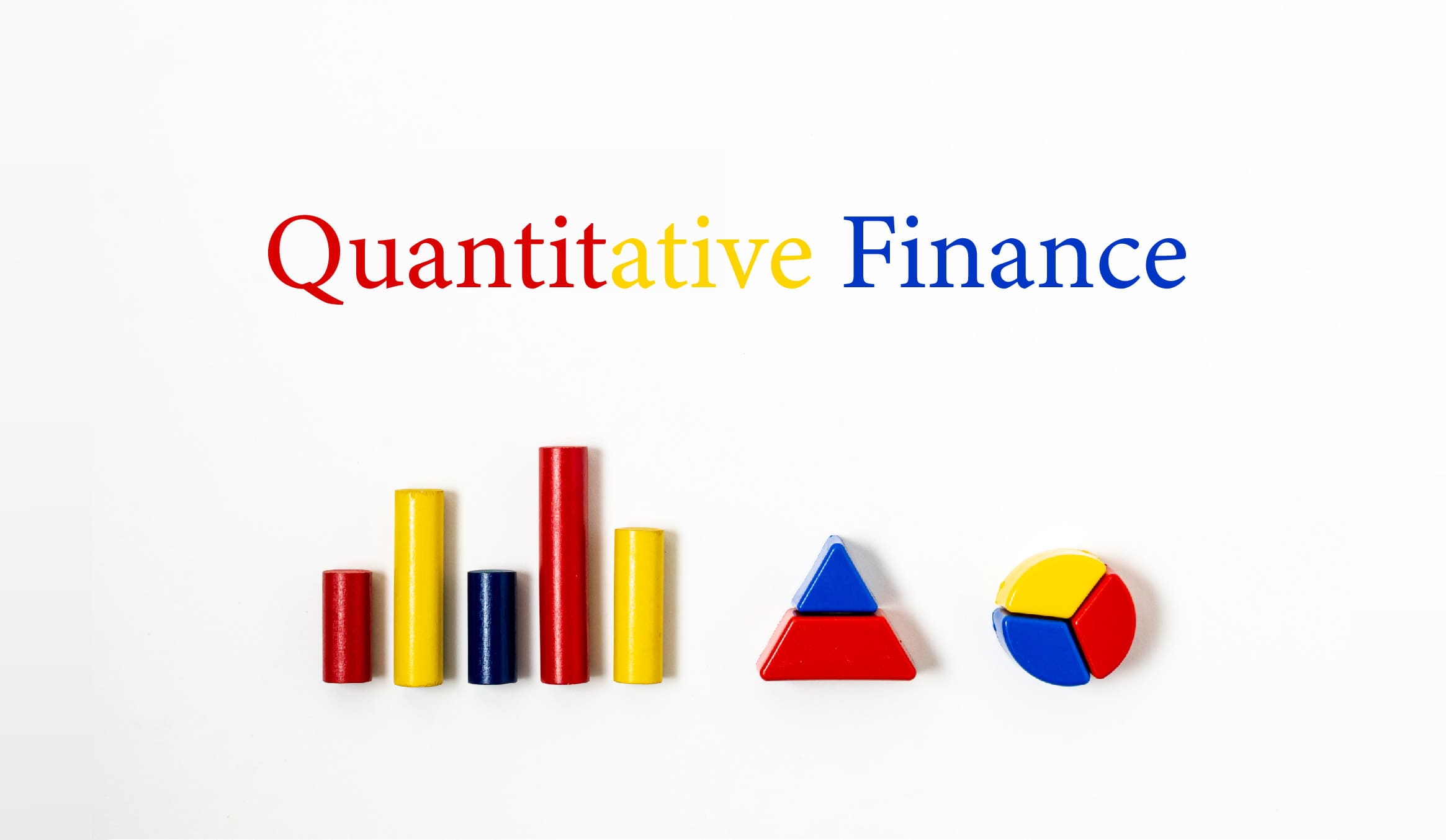It is not a surprise that interviews in quantitative finance can be a source of trouble, for they necessitate grasping an array of mathematical concepts, financial theories, and problem-solving skills. In doing so candidates will have to make use of thorough preparation and vividly illustrate their skills in figures and financial forecasting. undefined
1. Understand the Basics: Before embarking on complicated financial models and algorithms, make sure you have your numbers and quantitative concepts strong enough. Evaluate the topics of probability, statistics, calculus, and linear algebra which all lay the foundation for quantitative finance.
2. Practice Mental Math: The taking of Quantitative finance interviews sometimes comprehends calculations of mental math under tension. Engage in mental math exercise routines frequently to be able to do speedy and error-free calculations without the use of a calculator.
3. Master Financial Concepts: Acquaint yourself with the critical principles of financial modeling including the principle of the time value of money, risk management, portfolio theory, derivatives, and option pricing models. Knowing these ideas is particularly critical to be able to solve questions on financial markets and their instruments.
4. Develop Programming Skills: Adequacy in programming languages like Python, R, or Matlab is indispensable for quantitative finance roles. Programming financial models, data analysis, and implementing quantitative strategies will require you to demonstrate your programming skills in a job interview.
5. Solve Practice Problems: By working on several quantitative finance practice problems, you will discover many different ways to think through and solve problems. Practicing solving case studies, brain teasers, and quantitative puzzles to improve your logical and analytical thinking skills will be extremely useful.
6. Stay Updated: Follow closely the developments and trends in quantitative finance by reading sector magazines, and research papers, and participating in seminars and cyber webinars. Having up-to-date information about what is currently going on in the industry and some quantitative methods can facilitate your job-hunting process.
7. Prepare for Behavioral Questions: Moreover, as for technical questions, be ready for interviews that touch upon your communication abilities, working as a part of a team, and problem-solving. Do mock interviews and construct answers to typical behavioral questions with relevant past examples.
8. Mock Interviews: Carry out simulation pieces in interviews with peers, mentors, or career advisors to get the feel of the interview. Give feedback on your responses, delivery style, and way of tackling problems to help you know where you need improvements.
In the race of corporate life of finance, quantitative finance as a job is a remunerative and challenging venture. Consequently, the victory on such a path commences with the hurdle of passing through tiring interviews focused on assessing the candidate`s technical abilities, problem-solving skills, and calculating competence.
If you are preparing for a quantitative finance interview that makes you feel like the pressures building, panic not. “A Practical Guide to Quantitative Finance Interview & Job” is designed precisely to help you get through the interview with confidence and lightheartedness.
Trying to apply these tips and strategies, you will be on the way to managing the interview preparations for quantitative finance and you will increase your chances of getting in the competitive area.
Understanding Quantitative Finance Interviews
interviews in quantitative finance are carried out to assess the students applying for jobs in the financial area based on their ability to apply mathematical and statistical tools to the problems they observed in their financial life.
What Distinguishes the Guide from Other Sources?
In the book “A Practical Guide to Quantitative Finance Interviews”, the author adopts a deep and comprehensive approach as well as a strongly structured approach to preparing for quantitative finance interviews. This book is specifically written for quantitative finance roles.
Key Topics Covered
Probability Theory and Statistics: Probability theory serves as the backbone of quantitative finance, building the structure necessary to analyze outcomes with unclear results and to make the right decisions. In this handbook, fundamental ideas like probability distribution, random variables, and statistical inference are discussed emphasizing their applications in the field of finance.
Numerical Methods: Numerical methods account for the most effective methods used in solving the complex mathematical assignments of quantitative finance. This tutorial covers the highlights of the numerical techniques, such as the finite difference methods, Monte Carlo simulation, and numerical optimization with hands-on takeaways in mind.
Financial Derivatives: The derivatives of financial instruments involve these derivatives whose value is derived from underlying assets and security. The essential part of the derivatives valuation process is to have a sound knowledge of the derivatives price models, for instance, the Black-Scholes model, and their application in options, futures, and other products. Read More: Financial Success and Fiscal Freedom
Interview Strategies and Techniques: Besides, apart from the technical knowledge, successful interview preparation entails a clear understanding and implementation of several strategies and approaches. This guide brings together multiple interview modalities and the probable questions you should expect with tips on presenting options and keeping your communication clear and concise.
Unique Features and Insights
A Practical Guide to Quantitative Finance Interviews – one of the highlights of the book, centers on the importance of practical application and the link to what is happening in the real world.
How to Using this Guide to Maximize Efficiency
To get the most advantages from this handbook, candidates should be ready to prepare for the interview in an ordered and planned manner. Start by becoming acquainted with the main focus areas and concepts contained in the book, then move towards the practice problems and worked examples to deepen your grasp of the information.
Your Way to the Top of the Quantitative Finance Crew
To sum it up, “A Guide to Practical Quantitative Finance Interviews” is a must-have book for anyone aspiring to excel in quantitative finance interviews.
Comment your Thoughts/Queries Below
















I think this site has got some really fantastic info for everyone. “Billy T-T-T-T-Today, Junior” by Billy Madison.
Super-Duper blog! I am loving it!! Will come back again. I am bookmarking your feeds also.
I got good info from your blog
I like the valuable information you supply in your articles. I will bookmark your blog and test once more here frequently. I am quite sure I will learn plenty of new stuff proper here! Best of luck for the following!
Thanks for sharing. I read many of your blog posts, cool, your blog is very good.
Your point of view caught my eye and was very interesting. Thanks. I have a question for you.
Your point of view caught my eye and was very interesting. Thanks. I have a question for you.
Can you be more specific about the content of your article? After reading it, I still have some doubts. Hope you can help me.
Thank you for your sharing. I am worried that I lack creative ideas. It is your article that makes me full of hope. Thank you. But, I have a question, can you help me?
I don’t think the title of your article matches the content lol. Just kidding, mainly because I had some doubts after reading the article.
Can you be more specific about the content of your article? After reading it, I still have some doubts. Hope you can help me.
Your article helped me a lot, is there any more related content? Thanks!
Can you be more specific about the content of your article? After reading it, I still have some doubts. Hope you can help me.
Its good as your other posts : D, thanks for posting.
You actually make it seem so easy with your presentation but I find this matter to be actually something which I think I would never understand. It seems too complicated and extremely broad for me. I am looking forward for your next post, I’ll try to get the hang of it!
Thank you for your sharing. I am worried that I lack creative ideas. It is your article that makes me full of hope. Thank you. But, I have a question, can you help me?
Your point of view caught my eye and was very interesting. Thanks. I have a question for you.
I don’t think the title of your article matches the content lol. Just kidding, mainly because I had some doubts after reading the article.
Wonderful website you have here but I was curious if you knew of any forums that cover the same topics talked about in this article? I’d really love to be a part of community where I can get feed-back from other knowledgeable people that share the same interest. If you have any suggestions, please let me know. Kudos!
This is a topic close to my heart cheers, where are your contact details though?
Hello my friend! I want to say that this post is awesome, great written and include approximately all significant infos. I?¦d like to see extra posts like this .
You are my aspiration, I possess few blogs and occasionally run out from post :). “Fiat justitia et pereat mundus.Let justice be done, though the world perish.” by Ferdinand I.
Definitely, what a great blog and illuminating posts, I will bookmark your website.All the Best!
Thanks for sharing. I read many of your blog posts, cool, your blog is very good.
Excellent blog here! Also your website loads up fast! What host are you using? Can I get your affiliate link to your host? I wish my website loaded up as quickly as yours lol
you have got an incredible blog right here! would you like to make some invite posts on my blog?
Oh my goodness! an amazing article dude. Thanks Nevertheless I’m experiencing subject with ur rss . Don’t know why Unable to subscribe to it. Is there anyone getting an identical rss problem? Anyone who knows kindly respond. Thnkx
Reading your article has greatly helped me, and I agree with you. But I still have some questions. Can you help me? I will pay attention to your answer. thank you.
Your point of view caught my eye and was very interesting. Thanks. I have a question for you.
Thanks for sharing. I read many of your blog posts, cool, your blog is very good.
I don’t think the title of your article matches the content lol. Just kidding, mainly because I had some doubts after reading the article.
Your point of view caught my eye and was very interesting. Thanks. I have a question for you.
Can you be more specific about the content of your article? After reading it, I still have some doubts. Hope you can help me.